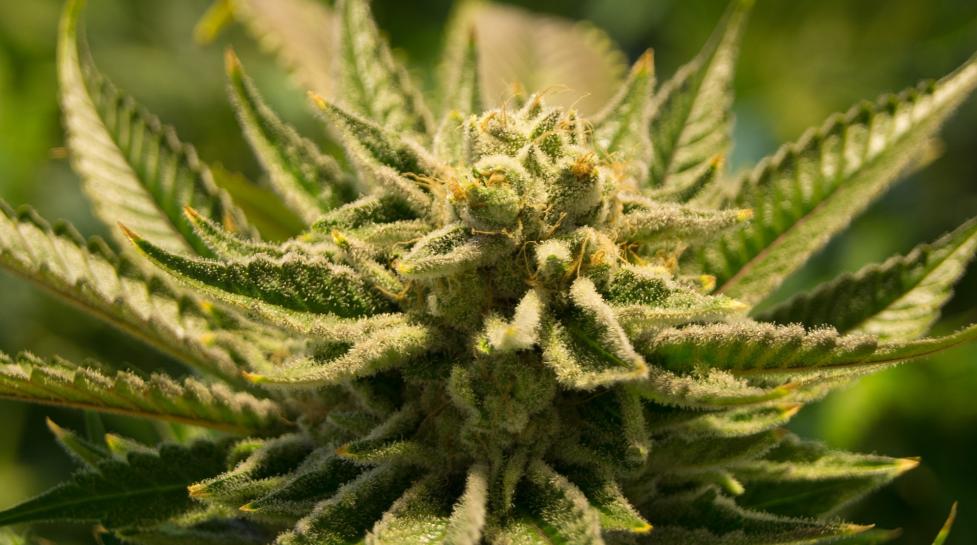Most of the cannabis consumed in the United States isn’t very green.
Here's how Boulder is working to blunt its climate impact.
Most of the cannabis consumed in the United States isn’t very green.
Industrial cultivation often relies on a complex and energy-intensive system – requiring enough electricity to comprise 2% of Boulder’s total energy use and 1.3% of Colorado’s annual emissions. Researchers and policy makers are taking note.
According to a recent study in Nature Sustainability , grow lighting and the heating and cooling of indoor grow facilities drive up energy use. This energy demand is greater in states like Colorado that have variable climates and require more electricity to heat or cool air.
While this is a budding challenge in many communities, the City of Boulder, Boulder County and local growers have been at the forefront of reducing the environmental impact of this important industry.
The city and county reduce the industry’s carbon footprint through regulations that require local cannabis businesses to track, report and offset 100% of their electricity use. Businesses can complete the offset requirement by installing solar on-site, subscribing to a verified local solar garden or purchasing offsets through the city’s Energy Impact Offset Fund (EIOF). In Boulder County, commercial cannabis cultivators are required to offset their electricity or pay into the county’s EIOF.
"The energy assessment helped our business decide to upgrade all our lighting to LEDs, which considerably reduces our energy use and helps us cut electricity costs.”
- Bonnie Bahlmann, Owner of In the FlowOther businesses contribute to the city or county EIOFs which fund projects that reduce our community’s greenhouse gas emissions and support the city’s Climate Commitment goals . Last year, the city used EIOF funds to purchase a subscription to a local solar garden , passing energy savings to residents of the Ponderosa manufactured housing community. This year, the city is looking to leverage EIOF funds, which total about $400,000 per year, to support additional solar garden access and energy savings for participants in Boulder’s affordable housing programs.
Boulder’s combination of regulation and partnership with the industry serves as a useful example of how to address an issue that’s emerging elsewhere, as other states move to legalize cannabis cultivation. It is possible to limit the greenhouse gas emissions associated with grow facilities while benefiting from the economic contributions of the cannabis industry.
Resources
- City of Boulder Energy Impact Offset Fund
- Boulder Cannabis Cultivation Facilities Energy Requirements
- Boulder County Cannabis Energy Impact Offset Fund
